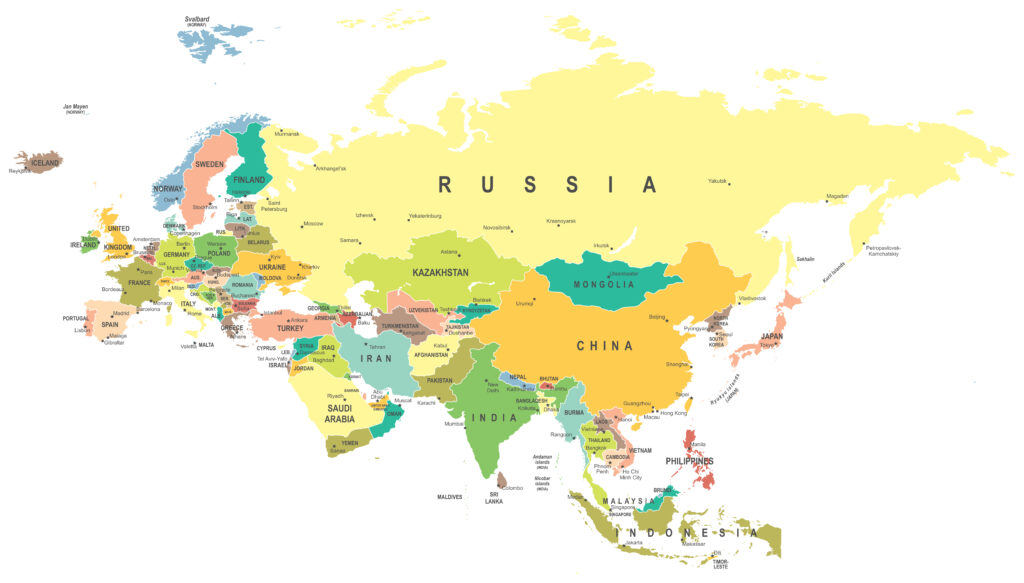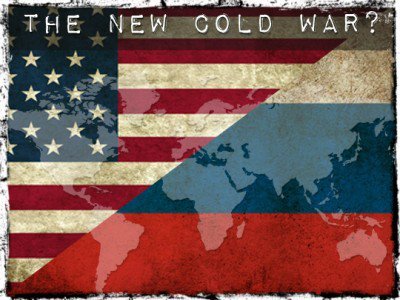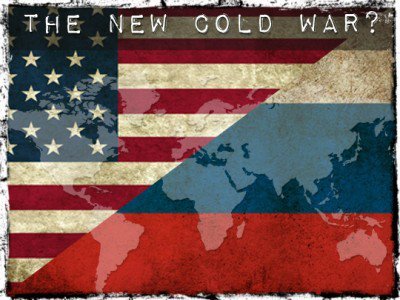
Note: This is the text from Russian Foreign Ministry website, posted on 12/10/21, with Google Translate to English.
We note the expression expressed by the President of the United States J. Biden during the December 7 of this year. talks with President Vladimir Putin; readiness to establish a serious dialogue on issues related to ensuring the security of the Russian Federation. Such a dialogue is urgently needed today, when relations between Russia and the collective West continue to deteriorate and have come to a critical point. At the same time, in recent days, various free interpretations of our position have been multiplying. In this regard, we consider it necessary to once again clarify the following.
Whipping up confrontation with our country is absolutely unacceptable. As a pretext, the situation in Ukraine is used, in relation to which the West has taken a course towards encouraging Russophobia, shielding the actions of the Kiev regime to disrupt the Minsk agreements and preparing for a scenario of force in the Donbass.
Instead of curbing their Ukrainian protégés, NATO countries are pushing Kiev to take aggressive steps. There is no other way to interpret the more frequent unscheduled exercises of the United States and its allies in the Black Sea. Aircraft of NATO member states, including strategic bombers, regularly make provocative overflights and dangerous maneuvers near the borders of Russia. The military development of the territory of Ukraine continues, the pumping of the country with weapons.
A course has been taken to draw Ukraine into NATO, which is fraught with the appearance there of strike missile systems with a minimum flight time to Central Russia and other destabilizing weapons. Such irresponsible behavior creates unacceptable threats to our security, provokes serious military risks for all parties involved, up to a large-scale conflict in Europe.
At the same time, it is argued that the question of Ukraine’s hypothetical NATO membership concerns exclusively Kiev and the alliance, and no one should interfere in this process. Let us recall, however, that in addition to the Washington Treaty, NATO countries also have commitments regarding the indivisibility of security in the Euro-Atlantic area, throughout the OSCE area. This principle was first declared in the Helsinki Final Act, and then reaffirmed and strengthened in the Charter of Paris for a New Europe in 1990, which states: “The security of everyone is inextricably linked with the security of everyone else.” And in 1999, at the OSCE summit in Istanbul, the Charter for European Security was adopted, in which it was emphasized that the participating States “will not strengthen their security at the expense of the security of other states.”
All of these documents were signed by the top leaders of the OSCE participating States, including all NATO countries. However, in violation of the principle of the indivisibility of security – as well as in violation of the promises made to the Soviet leadership – all these years NATO has consistently moved eastward, ignoring the concerns expressed by Moscow, and each time NATO replenishment added to this bloc a frenzied anti-Russian charge.
We have long drawn attention to the inadmissibility of such a development of events. Over the past decades, it has been suggested more than once to agree on making the principle of equal and indivisible security in the Euro-Atlantic space legally binding, since the West is clearly not in the mood to fulfill the above-mentioned political obligations. However, we were invariably refused.
In this regard, as President Vladimir Putin emphasizes, we insist on the development – in a specific period of time and on the basis of the principle of equal and indivisible security – serious long-term legal guarantees, excluding any further NATO advance to the east and the deployment of threatening weapons systems in the West. borders of Russia.
In the fundamental interests of European security, it is necessary to formally disavow the decision of the 2008 NATO Bucharest summit that “Ukraine and Georgia will become NATO members” as contrary to the commitment of the leaders of all OSCE participating States – “not to strengthen their security at the expense of the security of others.”
We insist on the legal consolidation of the agreement on the non-deployment by the United States and other NATO countries of strike weapons systems that pose a threat to the Russian Federation on the territory of neighboring countries, both members and not members of the North Atlantic Alliance.
We also insist on receiving a concrete NATO response to our earlier proposals to reduce tensions in Europe, including, in particular:
– withdrawal of areas of operational exercises at an agreed distance from the Russia-NATO contact line;
– coordination of the maximum distance of approach of warships and aircraft to prevent dangerous military activities, primarily in the Baltic and Black Sea regions;
– resumption of a regular dialogue between the defense ministries along the Russia-US and Russia-NATO lines.
We call on Washington to join the unilateral Russian moratorium on the deployment of ground-based INF in Europe, agree and introduce the necessary measures to verify the fulfillment of mutual obligations.
In these areas, Russia will soon submit draft international legal documents to start negotiations in the appropriate formats.
In particular, we will make a comprehensive proposal on legal security guarantees in preparation for the next round of the Russian-American dialogue on strategic stability. We will stand for a substantive discussion of the military aspects of ensuring security through the defense ministries with the participation of the foreign ministries of Russia and the NATO countries.
We consider it necessary that the OSCE, where all the countries of the Euro-Atlantic region are represented, should not remain aloof from discussions on resolving European security problems.
We urge you to carefully consider the Russian proposals and begin serious negotiations to reach agreements that ensure a fair and stable balance of interests in our common space.


